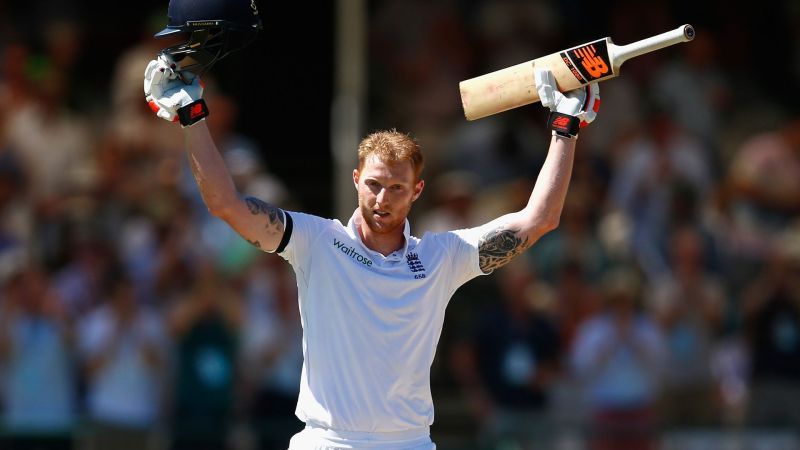
Ben Stokes vs Andrew Flintoff: A statistical comparison
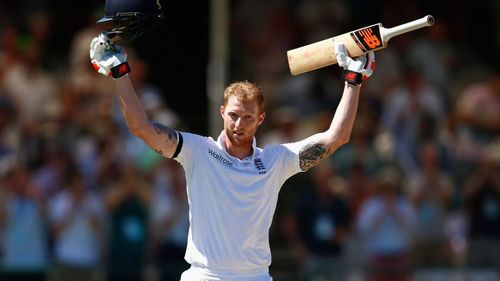
If rarity was a term that was due to be associated with cricket, it would have to be talking about the number of all-rounders that England have produced over a long period of time. The drought of all-rounders from the cricketing giant has been a topic of discussion for many years which looks to have got an answer, for now, in the form of Ben Stokes.
The burly all-rounder from Durham has been a phenomenal influence on the whole team and his skills with the bat and ball have only improved the quality of English cricket. Such has been the influence of his game that he is being compared to Andrew Flintoff, one of the greatest yesteryear all-rounders of England cricket.
Apart from making a name on the international circuit, Stokes has been lauded on numerous occasions by Sir Ian Botham, an achievement that the star all-rounder should be immensely proud of. A big hitter of the cricket ball with an impeccable understanding of the game, Stokes' energy on the field has made him an asset in the cricketing world.
The left-handed batsman has been compared to Flintoff right throughout his career from the very beginning which makes it very interesting to see how the two stalwarts compare from a statistical point of view.
Early careers
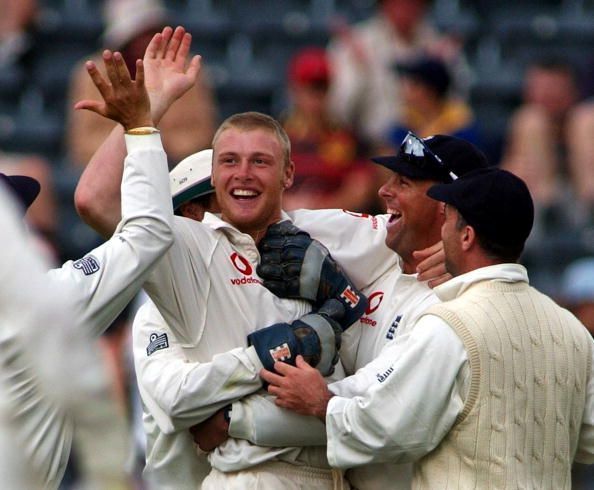
In the longest format of the game, Flintoff was a constant presence in the England team during his international career, though, he did not have the best of test debuts. Playing his first match against South Africa in 1998, Freddie Flintoff bowled 35 overs for a solitary wicket and hit 17 runs in his first innings.
Just after his debut, Flintoff's performance saw a downfall and he struggled for form until the 2002 series against New Zealand when he scored his maiden century, which could be termed as the 'trigger point' of his career. After the 2003 series against South Africa at home where he stroked his way to a century and three half-centuries, Flintoff was in his roaring best with bat and ball. After consistent performances against South Africa and then West Indies, he was awarded the 'Wisden Cricketer of the Year' in 2004.
Soon enough, Flintoff's value in the team was unmatched. The comparisons between him and Ian Botham started doing the rounds and he made a serious mark on the international circuit.
Ben Stokes, just like Flintoff, did not enjoy a good debut but scored his maiden century in only his second test against a strong Australian bowling line-up which highlighted his class as a top lower-order batsman. Two tests later, Stokes registered career-best figures of 6-99 in the first innings and at the end of the series, he had stamped his authority as one of the best all-rounders in the modern game.
Career statistics comparison after 35 test matches
When asked about what Flintoff thought about Stokes, Freddie insisted that the latter was already better than what he was and can bring more laurels to the country.
Currently, after 35 tests, Ben Stokes has 2,120 runs when compared to Flintoff's 1,566 and also enjoys a healthier batting average of 34.19 compared to Flintoff's 29.54. In addition to this, Stokes already has five centuries to his name while Flintoff has five from 79 matches.
On the bowling front, Stokes has 86 wickets at an average of 34.46 while at the same stage, Flintoff had 69 wickets at 41.28.
With all these statistics, it's safe to say that Flintoff was not wrong after all!

Crunching the numbers by batting positions
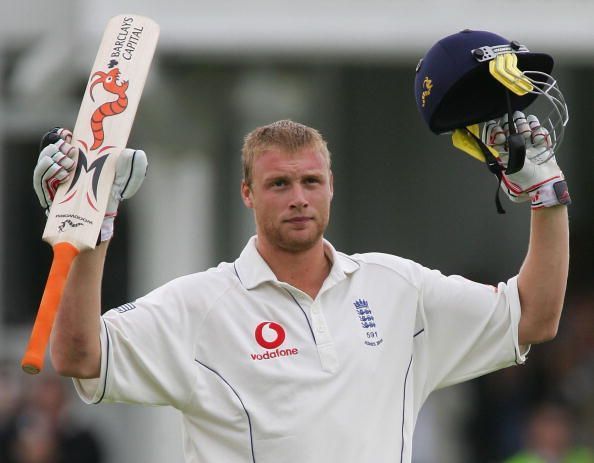
Given that Flintoff was more of a big-hitter, he often found himself batting lower down the order at No.6 or No.7 which meant that he was to play the anchor's role in the team if the team ever found itself in dire straits.
Having played most of his matches at No.6 and No.7, Flintoff was hardly given a chance to play higher up the order despite his potential owing to the star-studded English side during his playing days.

Ben Stokes, on the other hand, has made a name for himself coming in at the fall of two or three wickets and his attacking style of play has not only allowed him to express himself freely, it has also given England a safety pocket to rely on.
For most of his career, Stokes has played at No.6 and has been given the licence to kill with the rare exceptions of him having to anchor the innings at No.5, a feat that he managed to achieve en route to breaking records during his 258-run knock against South Africa.
In the 49 innings Stokes has played at No.6, he has scored 1925 runs at an average of just under 40.
Career stats at home, away and neutral venues
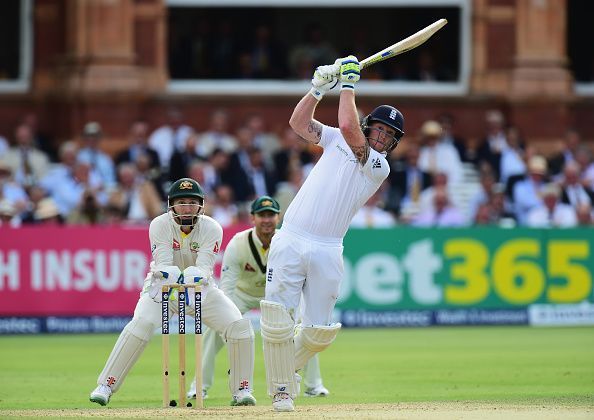
One of the most important traits for a cricketer is their ability to adapt to conditions and perform equally well at home and away. While most cricketers are suited to play remarkably at home, how they perform outside often underlines their quality.

Going by stats, Flintoff's average with the bat seems to be just slightly ahead when compared to Stokes owing to his phenomenal contributions during the Ashes and beyond. On the bowling front, both the star all-rounders are almost neck-to-neck.
However, when we take a glimpse at the performances away from home, Stokes seems to have the upper hand with a higher average while batting and in the past couple of years, the Durham all-rounder has been in fine form.

Records and career statistics
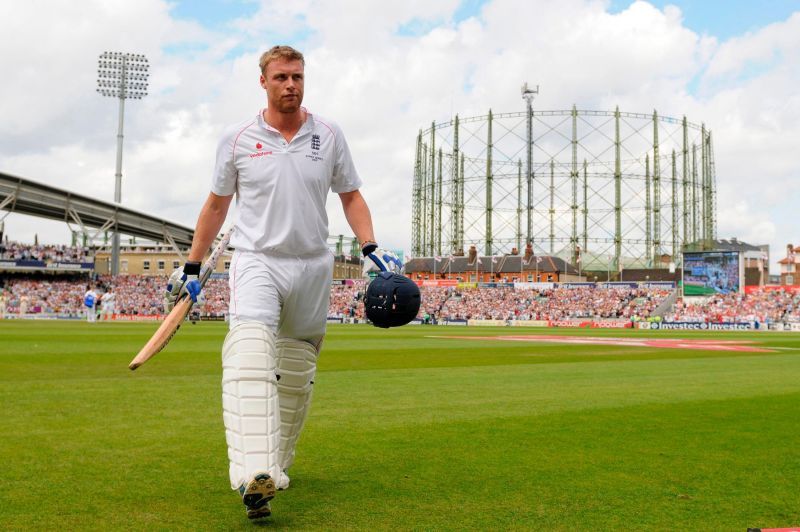
After a slew of injuries, Flintoff was back into the 2005 Ashes squad and immediately made an impact, half-centuries in both the innings and seven wickets in the mtch, helping Australia to a thrilling two-run victory and earned the Man of the Match award. In honour of his achievement, Michael Vaughan also named the match 'Fred's test'.
After a highly successful 2005 series, Flintoff earned a plethora of awards, including the Sir Garfield Sobers Trophy and the BBC Sports Personality of the Year award. The following year, he was made captain and played for another year before injuries hit him hard and he was forced to retire in 2009.
Ben Stokes enjoyed a rather splendid outing after his debut, creating history in 2015 by scoring the fastest century at Lord's against New Zealand. The following year, Stokes inked his name in the records books yet again with a scintillating 258-run knock laced with 30 fours and 11 sixes against South Africa.